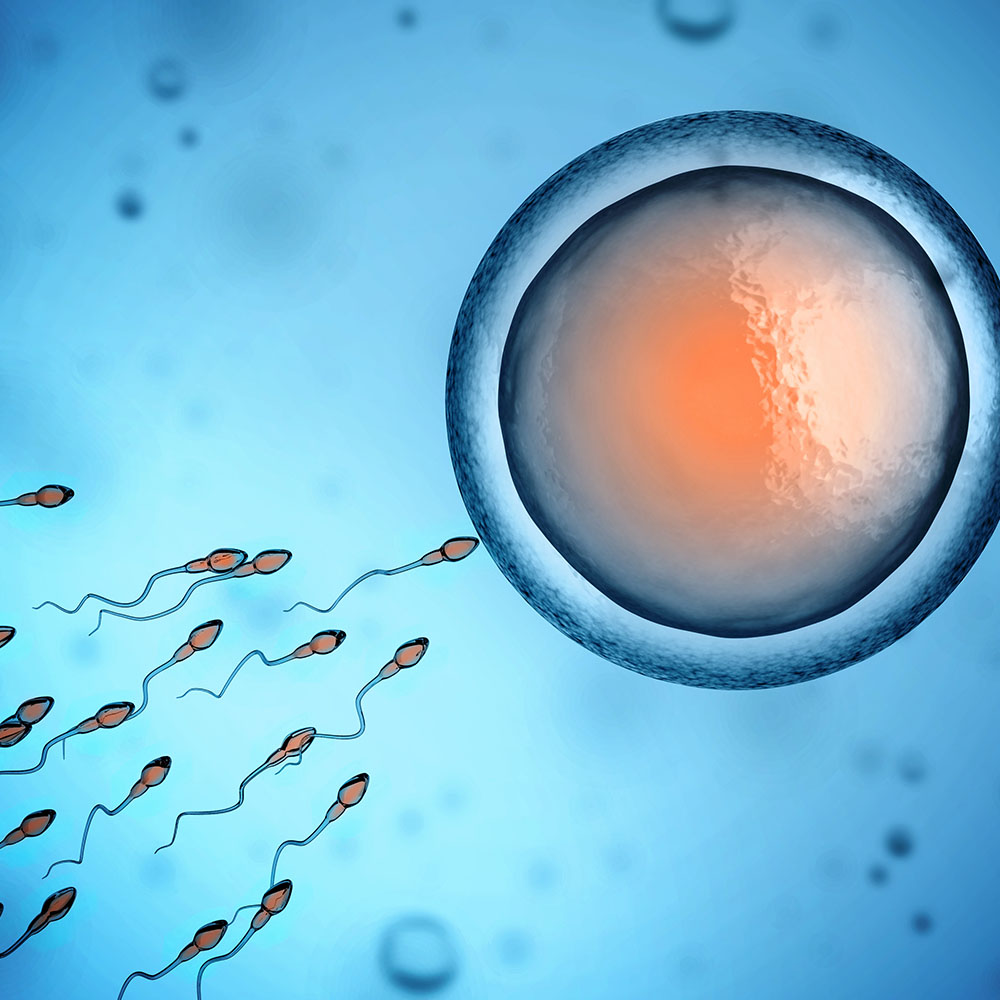Multidirectional Sports Are Better For The Bone Health Of Young Athletes Than Running Alone
According to a study conducted by Indiana University published in the American College of Sports Medicines’ Medicine and Science in Sports and Exercise, young athletes who participate in multidirectional sports like soccer or basketball rather than specializing in unidirectional sports like running can build stronger bones that may be at less risk of bone injury …











